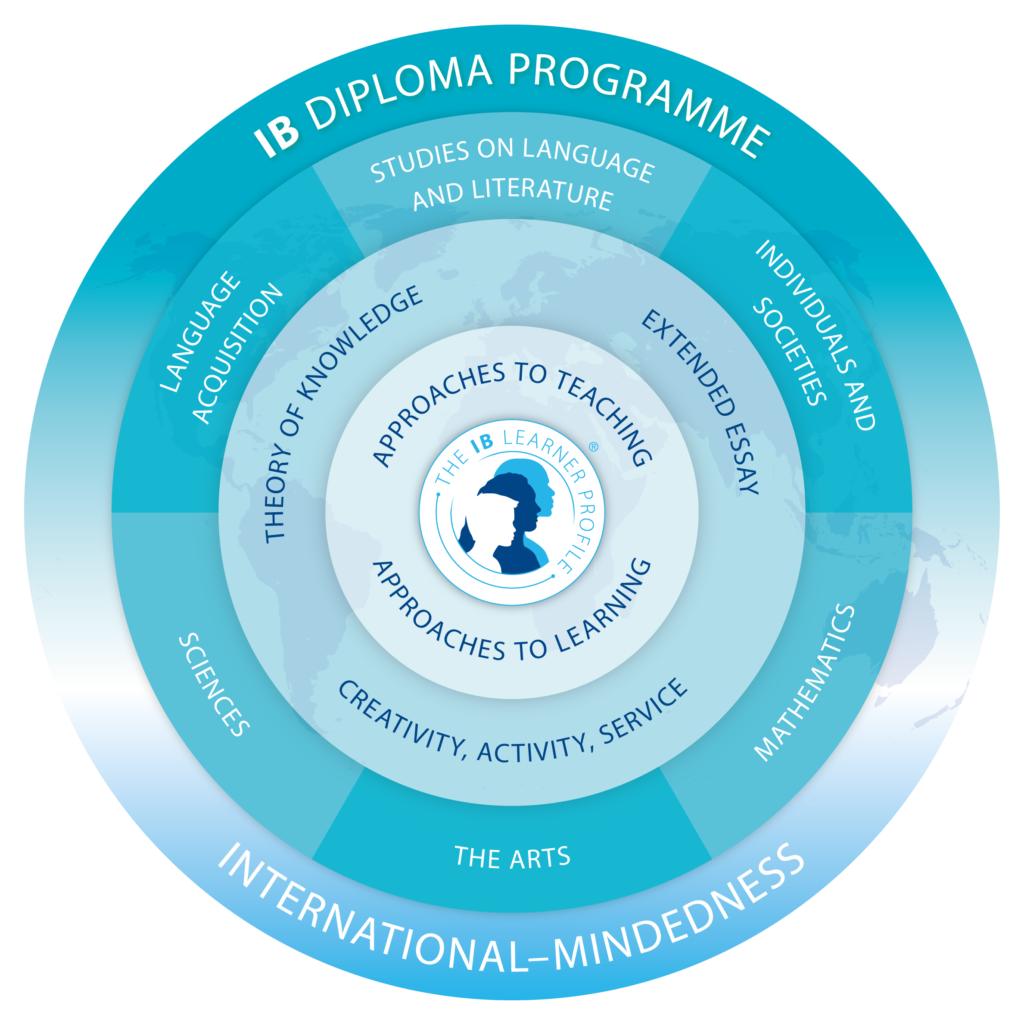SECONDARY SCHOOL GRADE 11-12
Secondary school
Highschool at Enishi International School (Grades 11&12)
There are two high school graduate pathways that students may choose at Enishi International School. These pathways include:
1. The IBDP Pathway
2. The EIS DIploma Pathway/ IB Certificate Pathway
Each pathway has its own requirements for successful completion. However both pathways lead to students receiving an EIS Diploma.
In both pathways students will study subjects from six subject groups. These subject groups include:
1. Language and Literature – English or Japanese
2. Language Acquisition – Japanese
3. Individuals and Societies
4. Sciences
5. Mathematics
6. The Arts (or an extra subject from the first four groups)
Irrespective of the graduate pathway chosen by the student, they will still attend the same classes as everyone else.
Introducing the IBDP
The International Baccalaureate Diploma Programme (IBDP) curriculum revolves around six subject groups and three core requirements. Each subject is studied for a duration of two years, and students are required to select one course from each of the first five groups: Language & Literature, Language Acquisition, Individuals & Societies, Sciences, and Mathematics. This ensures a well-rounded education encompassing humanities, science, and mathematics. For the sixth course, students have the option to choose an arts subject from Group 6 or another subject from groups 1-4.
A minimum of three out of the six subjects must be studied at the “higher level” (HL), which typically involves around 240 teaching hours. The remaining three subjects are studied at the “standard level” (SL), requiring approximately 150 teaching hours.
In addition to the six subject groups, students must fulfill three core requirements:
Highschool at Enishi International School (Grades 11&12)
There are two high school graduate pathways that students may choose at Enishi International School. These pathways include:
1. The IBDP Pathway
2. The EIS DIploma Pathway/ IB Certificate Pathway
Each pathway has its own requirements for successful completion. However both pathways lead to students receiving an EIS Diploma.
In both pathways students will study subjects from six subject groups. These subject groups include:
1. Language and Literature – English or Japanese
2. Language Acquisition – Japanese
3. Individuals and Societies
4. Sciences
5. Mathematics
6. The Arts (or an extra subject from the first four groups)
Irrespective of the graduate pathway chosen by the student, they will still attend the same classes as everyone else.
Introducing the IBDP
The International Baccalaureate Diploma Programme (IBDP) curriculum revolves around six subject groups and three core requirements. Each subject is studied for a duration of two years, and students are required to select one course from each of the first five groups: Language & Literature, Language Acquisition, Individuals & Societies, Sciences, and Mathematics. This ensures a well-rounded education encompassing humanities, science, and mathematics. For the sixth course, students have the option to choose an arts subject from Group 6 or another subject from groups 1-4.
A minimum of three out of the six subjects must be studied at the “higher level” (HL), which typically involves around 240 teaching hours. The remaining three subjects are studied at the “standard level” (SL), requiring approximately 150 teaching hours.
In addition to the six subject groups, students must fulfill three core requirements:
● Extended Essay (EE): The Extended Essay (EE) is an in-depth research essay that students must submit during the early part of grade 12. It offers an opportunity for independent research on a specific question related to one of the subjects they are studying, often chosen from their higher level courses.
● Theory of Knowledge (TOK): Theory of Knowledge is a course designed to encourage students to critically examine various ways of knowing, such as perception, emotion, language, and reason. It also explores different types of knowledge, including scientific, artistic, mathematical, and historical. The course prompts students to reflect on the nature of knowledge itself.
● Creativity, Action, and Service (CAS) activities: CAS is a component that requires students to actively engage in real-life tasks beyond the confines of the classroom. It encompasses creativity, action, and service, allowing students to develop leadership skills, reflect on their actions, and learn from firsthand experiences. Students can choose to combine all three components or focus on activities related to each one individually.
These core requirements, together with the subject groups, contribute to the holistic development of students in the IBDP, fostering critical thinking, independent research skills, and a well-rounded education
Requirements of obtaining an IBDP Diploma:
The IB diploma is awarded to students who gain at least 24 points, subject to certain minimum levels of performance across the whole program. Each course is graded on a scale of 1-7, and the highest total that an IBDP student can be awarded is 45 points (world average: 29.9).
● Minimum of 24 points
● Minimum 12 points from three HL subjects
● No final grade of 2 in any HL subject unless that total points earned is 28 or more
● No final grade of 1 in any subject at any level
● No academic dishonesty
● Passing grades in both EE and TOK final essays
● Successful completion of CAS
Please note that due to student interest the subjects we offer may vary year by year. However Enishi International School is currently able to offer:
Group 1: Studies in Language and Literature
● English Language and Literature (HL/SL)
● Japanese Language and Literature (HL/SL)
Group 2: Language Acquisition
● Japanese Language Acquisition (SL)
Group 3: Individuals and Societies
● Business Studies (HL/SL)
● Economics (HL/SL)
● History (HL/SL)
Group 4: Sciences
● Physics (HL/SL)
● Biology (HL/SL)
● Environmental Systems and Societies (SL)
Group 5: Mathematics
● Mathematics Analysis and Approaches (HL/SL)
Group 6: Arts
● Film (online)
● Theory of Knowledge (TOK): Theory of Knowledge is a course designed to encourage students to critically examine various ways of knowing, such as perception, emotion, language, and reason. It also explores different types of knowledge, including scientific, artistic, mathematical, and historical. The course prompts students to reflect on the nature of knowledge itself.
● Creativity, Action, and Service (CAS) activities: CAS is a component that requires students to actively engage in real-life tasks beyond the confines of the classroom. It encompasses creativity, action, and service, allowing students to develop leadership skills, reflect on their actions, and learn from firsthand experiences. Students can choose to combine all three components or focus on activities related to each one individually.
These core requirements, together with the subject groups, contribute to the holistic development of students in the IBDP, fostering critical thinking, independent research skills, and a well-rounded education
Requirements of obtaining an IBDP Diploma:
The IB diploma is awarded to students who gain at least 24 points, subject to certain minimum levels of performance across the whole program. Each course is graded on a scale of 1-7, and the highest total that an IBDP student can be awarded is 45 points (world average: 29.9).
● Minimum of 24 points
● Minimum 12 points from three HL subjects
● No final grade of 2 in any HL subject unless that total points earned is 28 or more
● No final grade of 1 in any subject at any level
● No academic dishonesty
● Passing grades in both EE and TOK final essays
● Successful completion of CAS
Please note that due to student interest the subjects we offer may vary year by year. However Enishi International School is currently able to offer:
Group 1: Studies in Language and Literature
● English Language and Literature (HL/SL)
● Japanese Language and Literature (HL/SL)
Group 2: Language Acquisition
● Japanese Language Acquisition (SL)
Group 3: Individuals and Societies
● Business Studies (HL/SL)
● Economics (HL/SL)
● History (HL/SL)
Group 4: Sciences
● Physics (HL/SL)
● Biology (HL/SL)
● Environmental Systems and Societies (SL)
Group 5: Mathematics
● Mathematics Analysis and Approaches (HL/SL)
Group 6: Arts
● Film (online)






